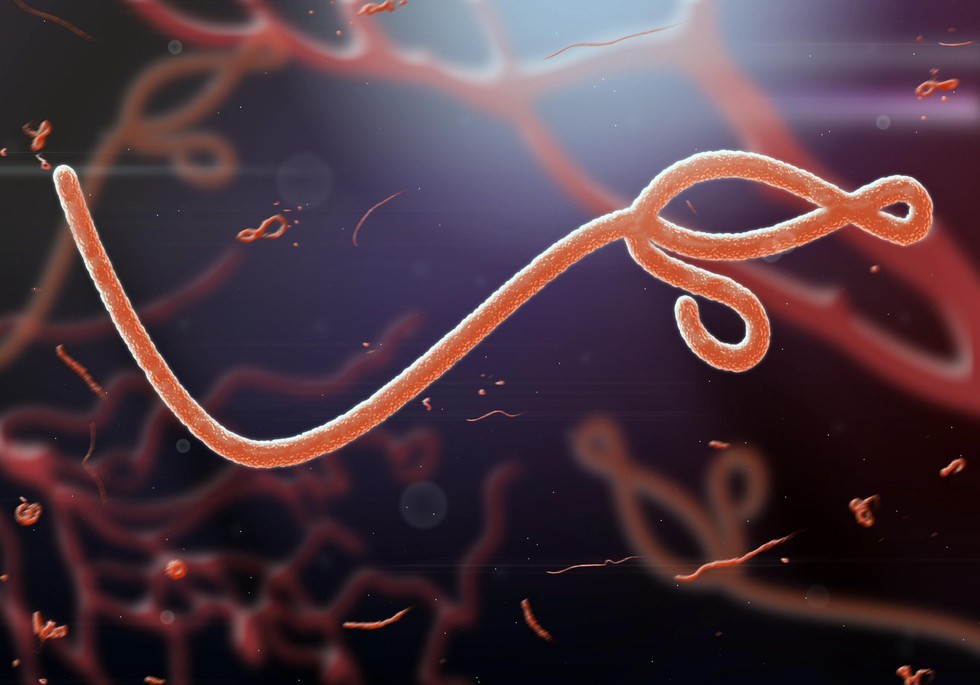
Ebola virus

23.03.2024
Ebola virus
|
For the Prelims:About Ebola Virus,Transmission,symptoms,Treatment |
Why in the news?
Recently, scientists have discovered a new way of reproduction of Ebola in the human body, which has led to the identification of potential targets for drugs to stop this viral disease.
Important points:
- The study also sheds light on how the deadly virus, which affects most people in sub-Saharan Africa, interacts with a human protein called ubiquitin.
About Ebola Virus:
- Ebola virus disease (EVD, or Ebola) is a rare serious disease in humans.
- Ebola is a type of viral hemorrhagic fever caused by several species of viruses of the Ebola Virus genus.
- It is caused by several species of viruses of the Ebola Virus genus, which are found primarily in sub-Saharan Africa.
- The Ebola virus takes its name from the Ebola River, near one of the villages in the Democratic Republic of the Congo where the disease first emerged.
- Ebola is not as contagious as common viruses like the common cold, influenza or measles.
- Ebola occurs mainly in the African continent.
- The mortality rate in this disease ranges from 25 percent to 90 percent.
- Death usually results from shock due to fluid loss rather than from blood loss.
Transmission :
- It is spread to people through contact with the skin or bodily fluids of an infected animal, such as monkeys, chimpanzees or bats.
- It is transferred from one person to another in the same way.
- Ebola virus does not spread through air, water or food.
- A person who has Ebola but has no symptoms also cannot spread the disease.
symptoms :
- Symptoms of Ebola may appear 2 to 21 days after being infected with the virus.
- Its symptoms begin like flu but can progress to severe vomiting, bleeding, and neurological (brain and nerve) problems.
Treatment :
- There is currently no known treatment for Ebola.
- Its experimental vaccines and treatments are still being tested.
- Current therapy includes maintaining fluid and electrolyte balance and administration of blood and plasma to control bleeding.
Source: Times of India